Introduction to Local SEO
Local SEO is as important as ever for businesses with physical locations. The data speaks for itself:
- 46% of all Google searches are local.
- 78% of the local mobile search ends up with an offline purchase within 24 hours.
- 97% of customers find out about what local businesses are up to online first before hearing about it anywhere else
If you have heard differently, such as that local SEO is dead, it’s not. In fact, for businesses whose customers physically visit a place dentists, lawyers, chiropractors, retailers, service providers, etc. local SEO is even more essential in the AI age.
Download Our Free SEO Guide Here!
Who is Eli Adams?
So everyone welcome to this weeks episode of the Digital Revolution podcast. I’m your host, Eli Adams, and I’ve been focused on SEO for around 17 years now. I started back in 1998 building my first website, an e-commerce site in 2003-2004 when SEO meant interest in getting listed in Yahoo directories.
I’ve survived innumerable SEO is dead claims during my career. A memorable occasion was 2009-2011 when Forbes published a viral article from Ken Krogue that “SEO is dead.” At the agency where I worked, this article sent our 6,000 SEO clients into a panic.
Market your service: I later worked as an SEO for Ken Krogue at InsideSales. com. My interview included a question about why he was hiring an SEO after publishing that article.) He clarified that SEO wasn’t dead, but that the old ways were dead the result of Google’s Panda and Penguin algorithm updates. There was a need for the industry to adjust its new ways.
Current Projects That Excite Eli
Right now, I’m working with businesses to get to grips with the changing face of SEO in the AI era. While many informational websites have seen a drop in traffic as users flock to AI platforms, such as ChatGPT, for answers, local businesses with a physical location still need SEO, critically.
This has come up and I’m sure we have plans for it to even better in the future. We specialize in hyperlocal content and review management strategies that actually work for brick-and-mortar businesses.
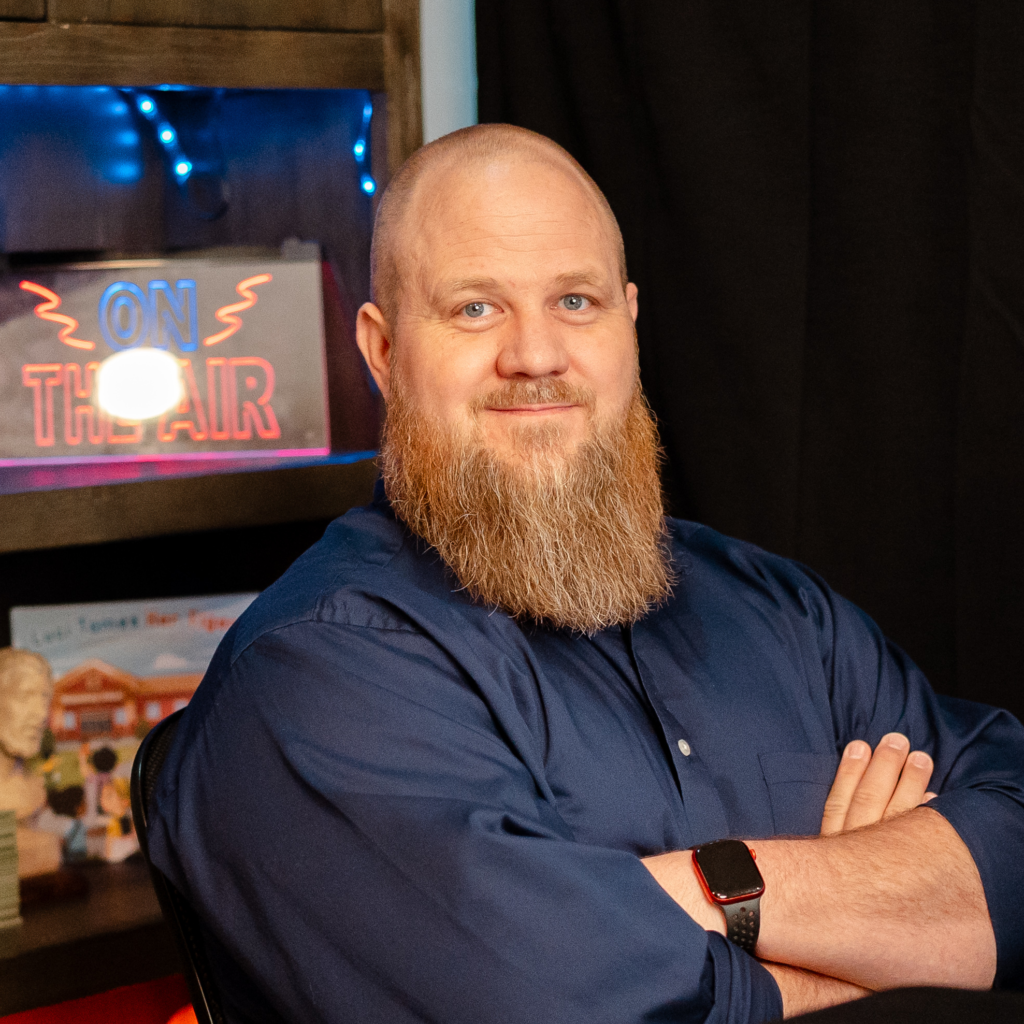
Tactical and Strategic Local SEO Advice
Mistake #1: Treating SEO as “Set It and Forget It”
While paid ads can be activated today and suspended tomorrow, SEO is a long-term commitment. If you’re a business owner, you may be under the impression that after you build your momentum, you can take a break from SEO and coast.
This method will prove counter productive for two reasons:
- From Google’s perspective, freshness equals relevance, which in turn rewards sites that regularly add new content and make optimizations.
- Your competitors will consistently work on SEO until they outpace you with numbers on reviews, content, and backlinks
The first 90 days of an SEO campaign are the ones where the bulk of the work stacks towards laying down the technical foundations to aid future optimization, although one has to keep maintaining the overall results too, and optimize for continuing results.
Mistake #2: Lacking a Strategic Review Approach
While getting reviews is great, getting them strategically is better. Your review strategy Should consider:
- Quantity: Developing sufficient review numbers
- Newness: Gaining new recurring reviews
- Keywords: Demanding customers to write relevant keywords in their reviews
When you write your request for a review, suggest keywords that you are targeting. You know, telling them something like, “you need to mention TMS clinic in Salt Lake City” when saying what they thought, whether that’s in person or via email or text message, will really help to boost your rankings for those phrases.
Mistake #3: Mishandling Negative Reviews
When business owners see a one-star review, they panic and immediately try to get it removed. In fact, there are far better ways to go about it:
Option 1: Get more positive reviews, so that negative review goes down and your overall star rating goes up. But this fails to address the root problem.
Option 2 (preferred): Correct the issue and make the bad review a good one
- Well-conducted responses to negative reviews
- Reconcile with the customer (e.g. “We’d love for you to come back for a free service”)
- Provide some fix, and then ask the customer to update their review
This makes your repeat customer a lot more valuable to you in the long run, and converting a one-star review to a five-star review drives more “ranking points” with Google than almost any other activity. Google likes businesses that take an active role in fixing customer problems.
Mistake #4: Cloning Location Pages
For multi-location businesses, the easiest move is to simply copy and paste the same content for location pages, swapping only the name and contact information. That creates duplicate content, which Google penalizes.
The content of each location page should be unique for that region:
- Use local events, news, and culture as a backdrop
- Focus on location-specific staff or offerings
- Add local details
- Talk about education specific to that area
For example, if you have dental offices in Salt Lake City, Provo, Logan, and St. George, you should write separate pages for each with copy that reflects the character of that community instead of cookie-cutter copy.
Mistake #5: Ignoring Local Link Building
This means that a lot of online businesses miss out on the power of local links. So while a link from your aunt’s old blog still holds some value, local links hold much more weight for local SEO:
- Local newspaper mentions
- Chamber of commerce listings
- Joint ventures with other local businesses that are complementary
- Community event sponsorships
- It is judged by local bloggers and influencers
This geographic relevance of these backlinks helps make the case to Google that your business is a true and trusted member of your community.
Common Local SEO Myths
Myth #1: Ranking for Your Brand Name is Enough
Some business owners think they need only to rank for their brand name. Of course, this only benefits those who already know about your business. The actual target, though, is making it into searches on the services or goods you provide.
Or, your business name might be close to others or general ideas, and thus Google’s intent recognition could favor other entries. When I worked for an essential oil company, for instance, leadership wanted to rank for “lavender.” But Google interpreted this search as referring to the color, flower or scent — not specifically essential oils unless users searched “lavender oil” or “lavender essential oil.”
When I took Fire US Marketing live, if someone searched the name, they’d find fire stations or facts about fires in the United States. Building the brand on search pages was not an easy task.
Myth #2: Generic Content Works for Local SEO
Generic industry blog posts attract a few readers, but homing in on localized content enhances its relevance infinitely better:
For example: Instead of writing a general post about chiropractic care during pregnancy, a chiropractor could write “Pregnancy Chiropractic Care in Salt Lake City — What Local Moms Should Know,” and reference local healthcare providers, birth centers, or prenatal resources in the area.
Hyperlocal content enables you to engage with your local community, setting your pages apart from competitors nationwide.

Where Does Eli See the Future of Local SEO?
It is true that AI is here to stay and how people search has changed, but local SEO is not going anywhere anytime soon. When searching for nearby businesses, people still gravitate to Google instead of soliciting recommendations from our AI assistants.
Indeed, this presents a golden opportunity for local businesses to claim the entire geographic search stack, as national brands and content sites work through their competition with AI for informational queries.
Businesses on a local level that adopt these strategies now will have a large competitive advantage in the future that will be hard for late movers to reach. The companies that understand local SEO is changing, not dying, will win some of the most desirable local traffic.
Advice to My Younger Self
After reading this post, what would you have told your younger self about SEO and digital marketing if you could have gone back in time? To work on writing truly useful content to users rather than chasing some algorithmic trick that works temporarily and eventually breaks.
I’d also emphasize adaptability. The only constant in my 17 years of being in SEO (which is a long time) is change. The ones that flourished were the practitioners who saw algorithm updates as opportunities for improvement and not a under hurdle to jump.
Finally, I would suggest selecting a group of other SEO professionals to connect with early on. Long before Google ever officially addressed issues, the community offered collective wisdom that often provided solutions to challenges.
Books, Podcasts, and Leaders That Inspire Me
Several resources continue to inspire my approach to digital marketing:
- Books: “They Ask, You Answer” by Marcus Sheridan revolutionized how I think about content marketing by focusing on answering customer questions transparently. “Building a StoryBrand” by Donald Miller has shaped how I communicate value propositions.
- Podcasts: Search Engine Journal’s podcast provides cutting-edge SEO insights, while Marketing Over Coffee offers broader digital marketing perspectives that help keep SEO efforts aligned with overall business objectives.
Leaders: Rand Fishkin continues to be a voice of integrity and transparency in the SEO world. His willingness to share both successes and failures has provided valuable lessons for my own journey.

How to Get in Contact with Eli
If you need more help with local SEO:
- I’ve created a comprehensive Local SEO ebook that I use for webinars and training sessions. Contact me through the comments or at FireUSMarketing.com to request a copy.
- Join one of my upcoming webinars where I provide the ebook and select participants for free local SEO audits.
- Email me at sales@fireusmarketing.com
- Connect with me on LinkedIn
- Visit FireUSMarketing.com and use the contact page
Conclusion
Local SEO is still one of the most effective marketing channels for businesses with a physical presence. If you can steer clear of these common issues and then implement some key strategies you could greatly improve your visibility to local customers looking for your products or services.
Remember:
- Local SEO is not declining but adapting
- Regular topical research is far more effective than one-off campaigns
- Sounds like a nice gig at the Long Term Capital Management.
- The 10 locations are not interchangeable, and all deserve unique, localized content
- Community (i.e. local) links are given additional weight by you
- Hyper-local content relates to your target audience
Whether you make these strategies yourself, or hire their services, and by doing so, your local company will be one step ahead in the competitive and digital world you want to conquer.
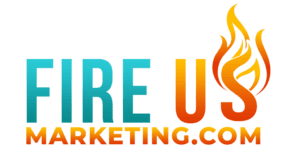
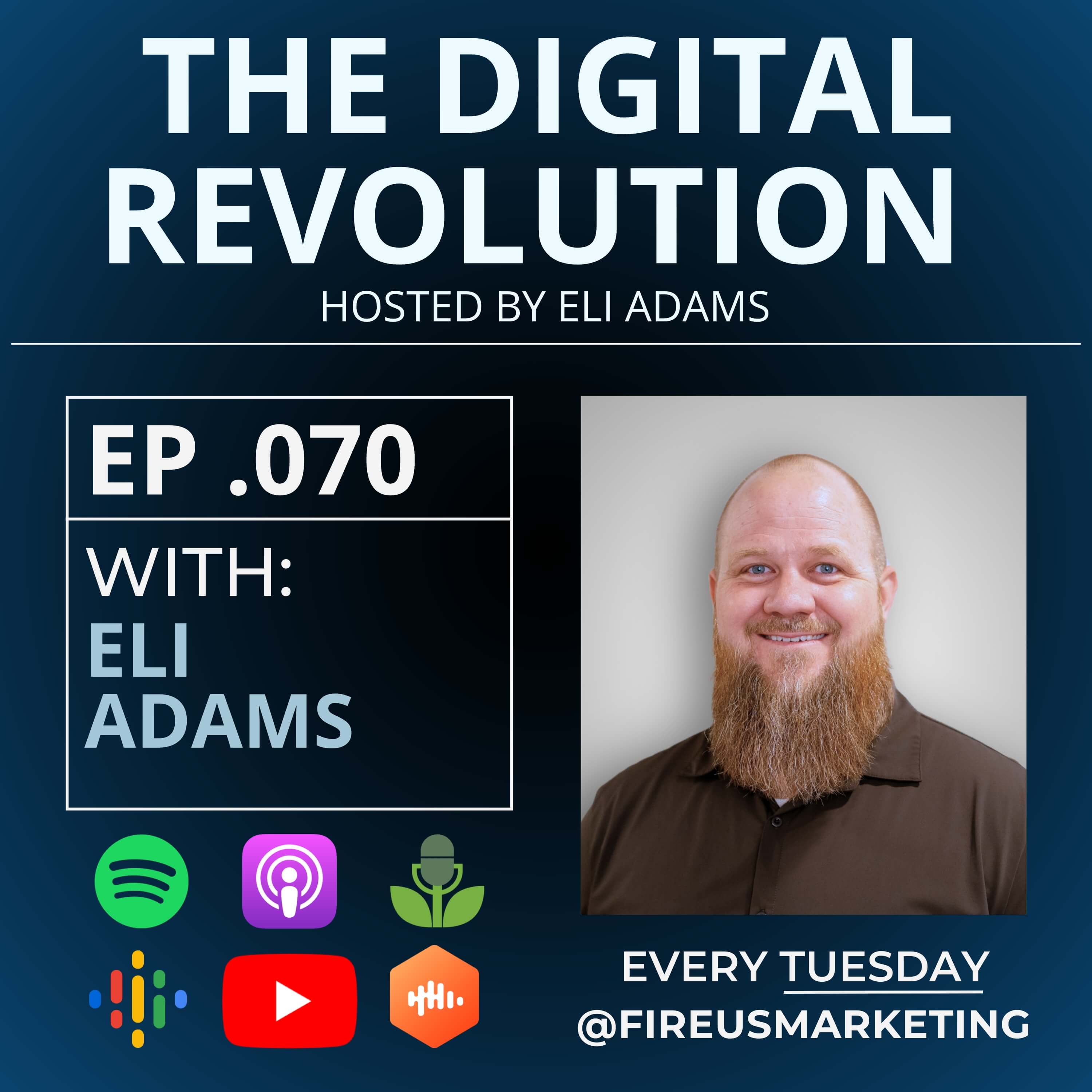
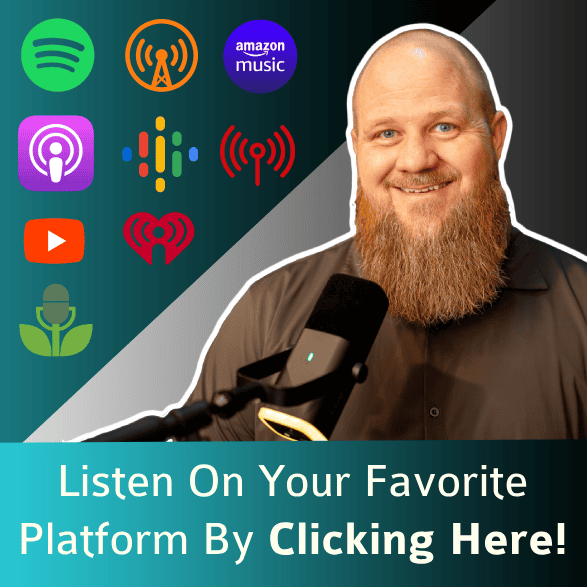

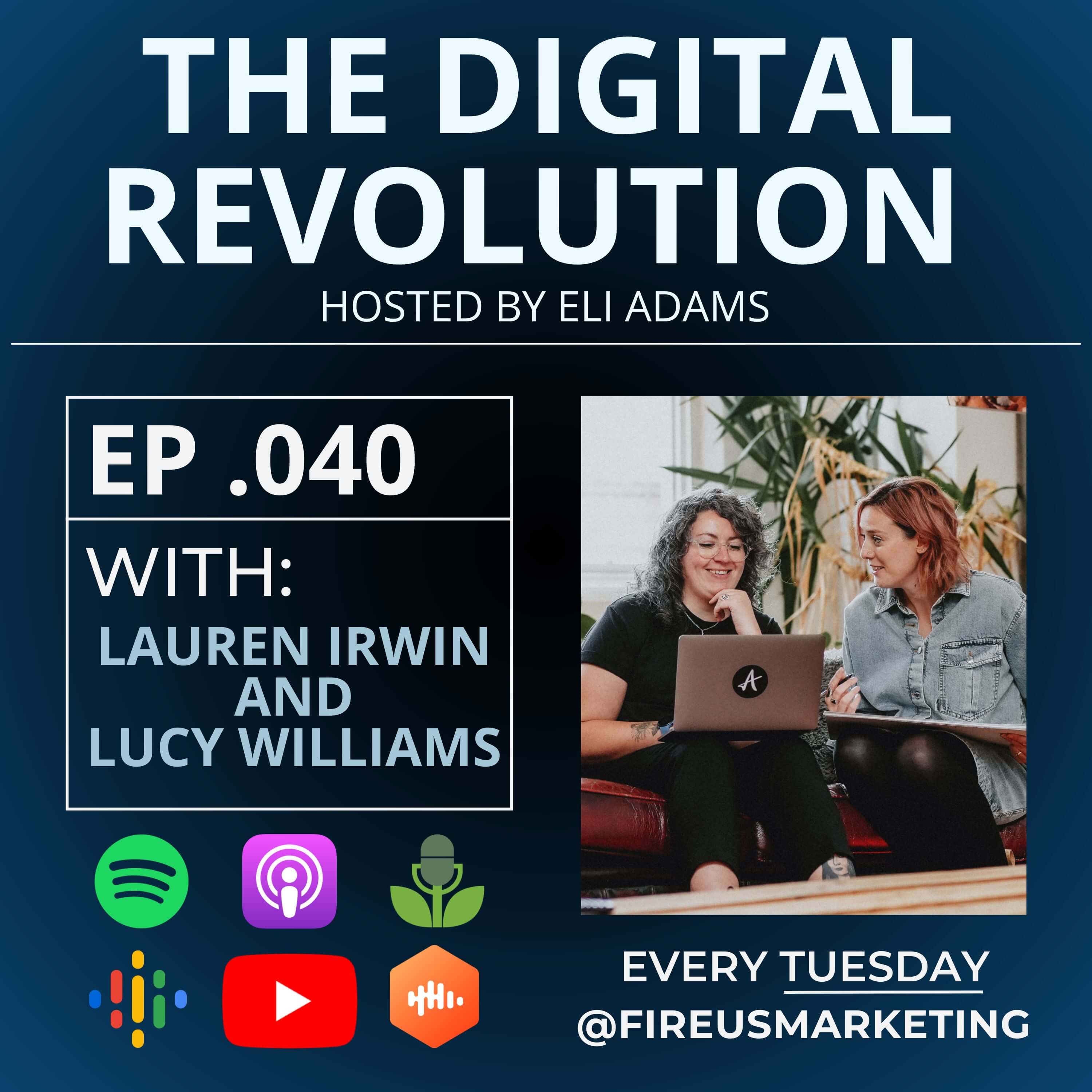
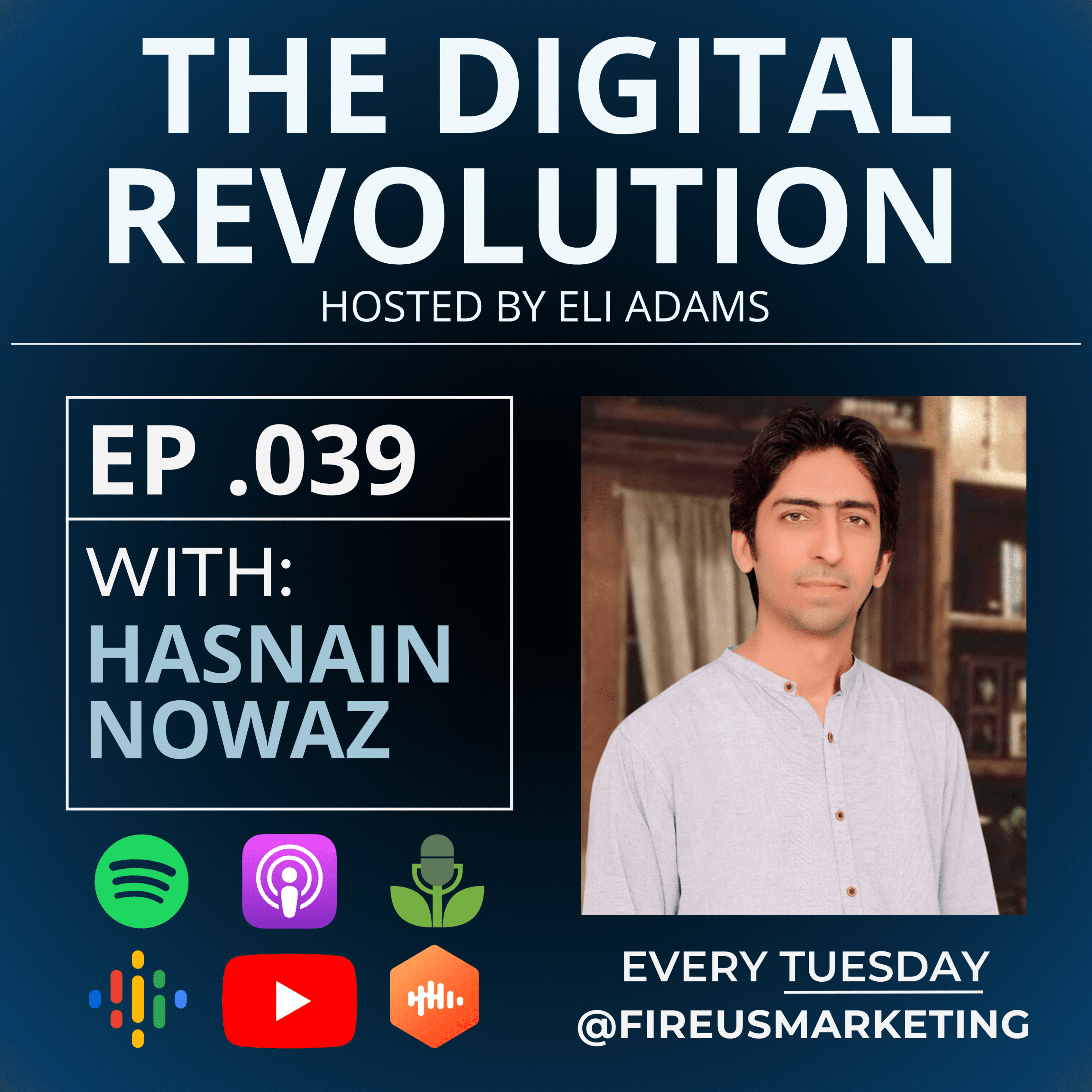
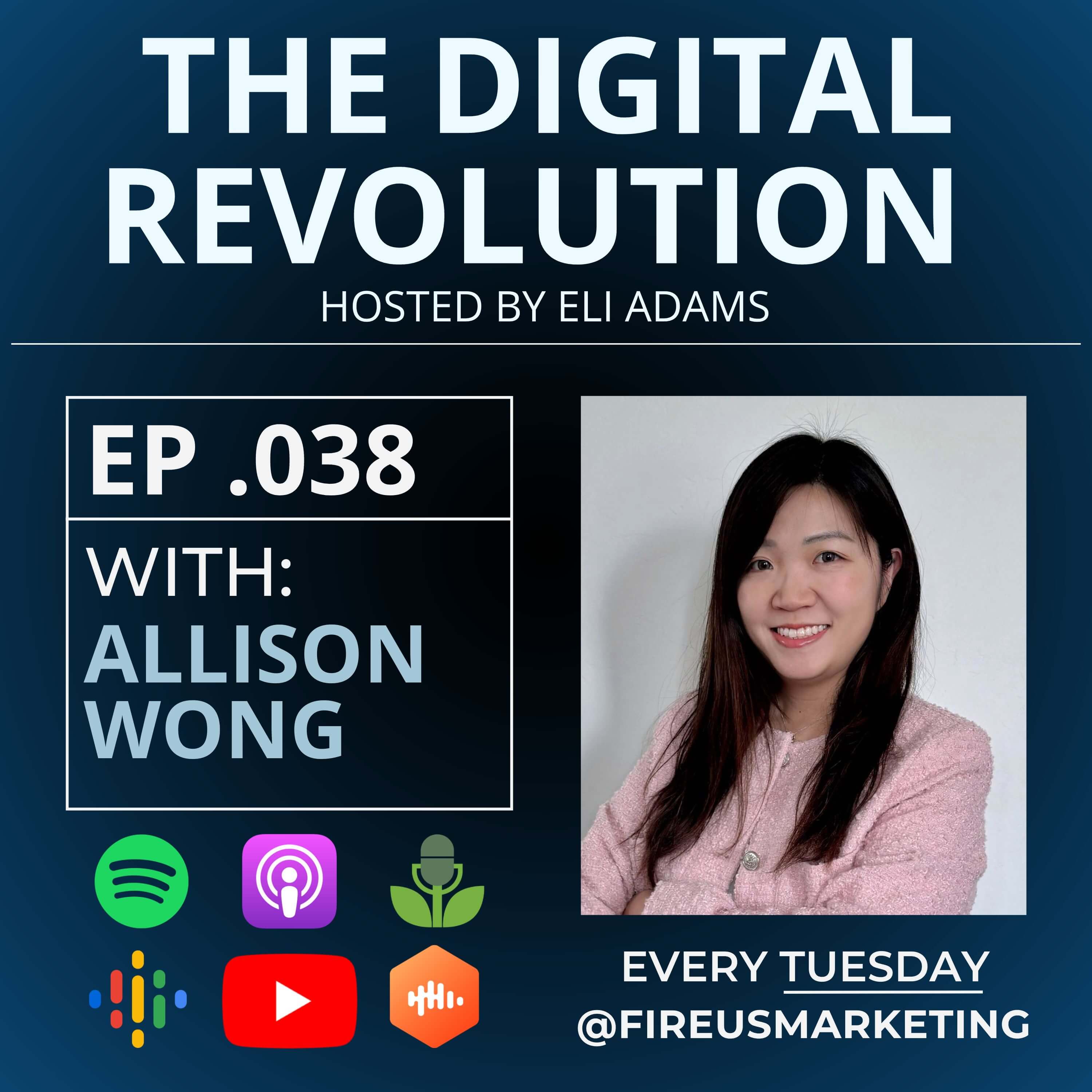
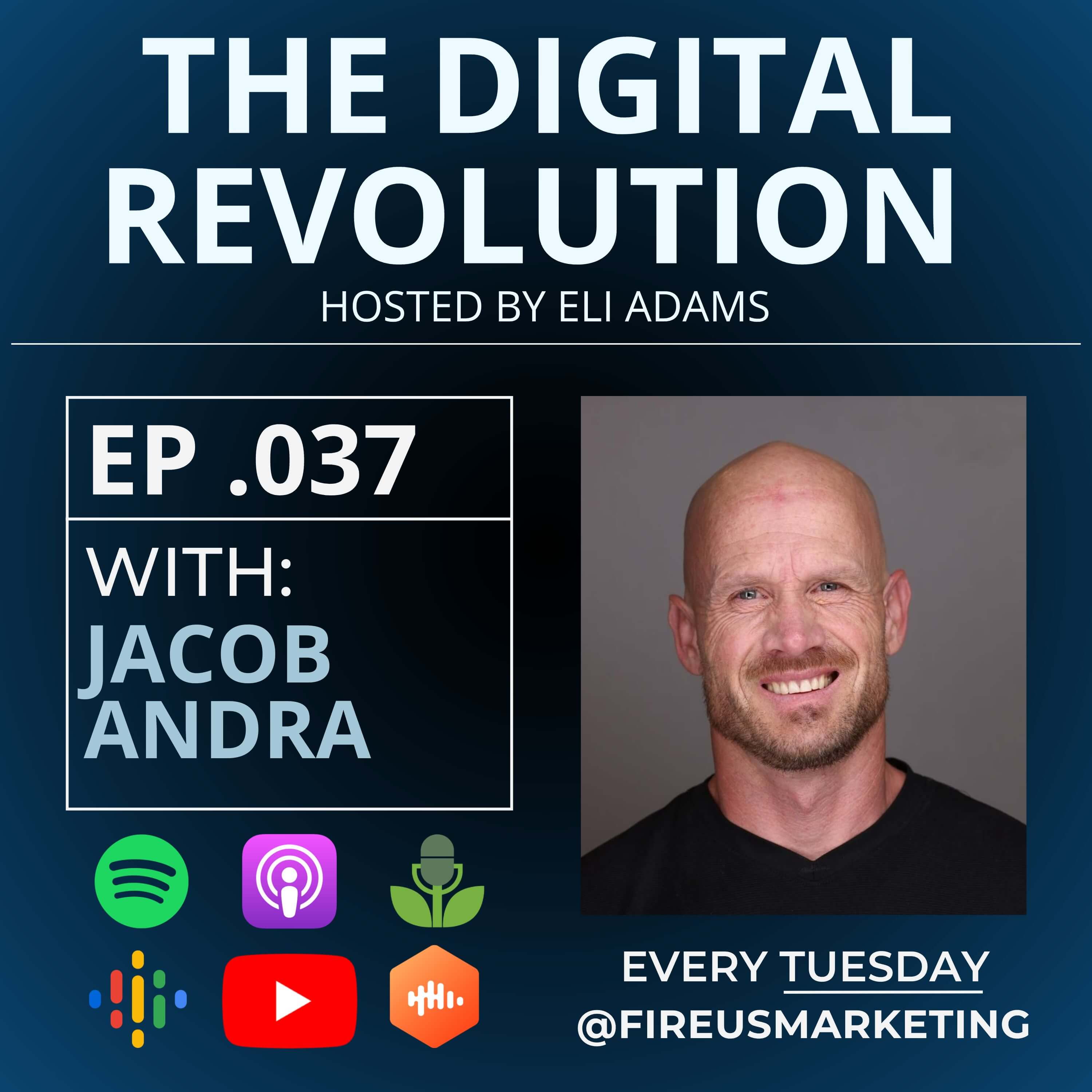
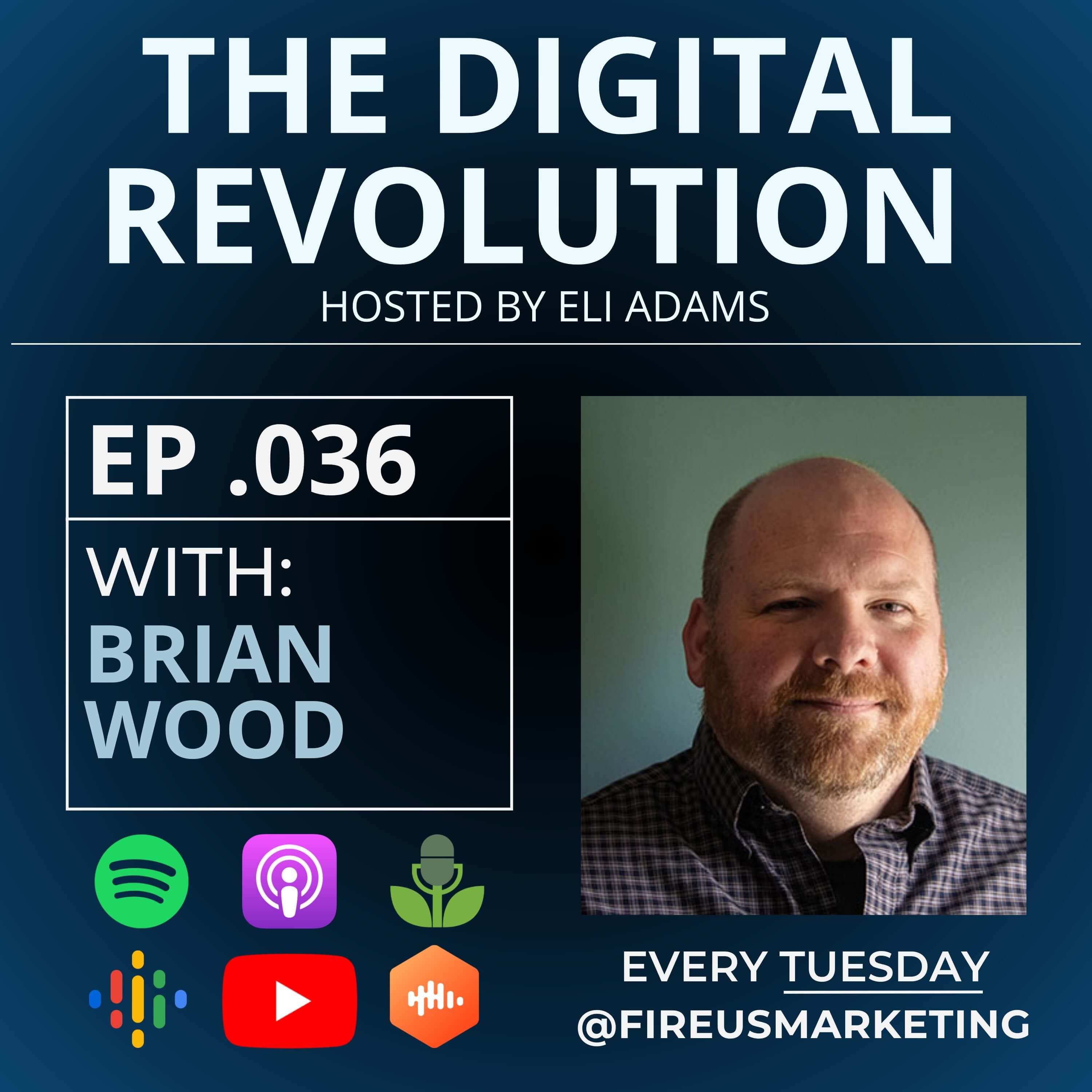
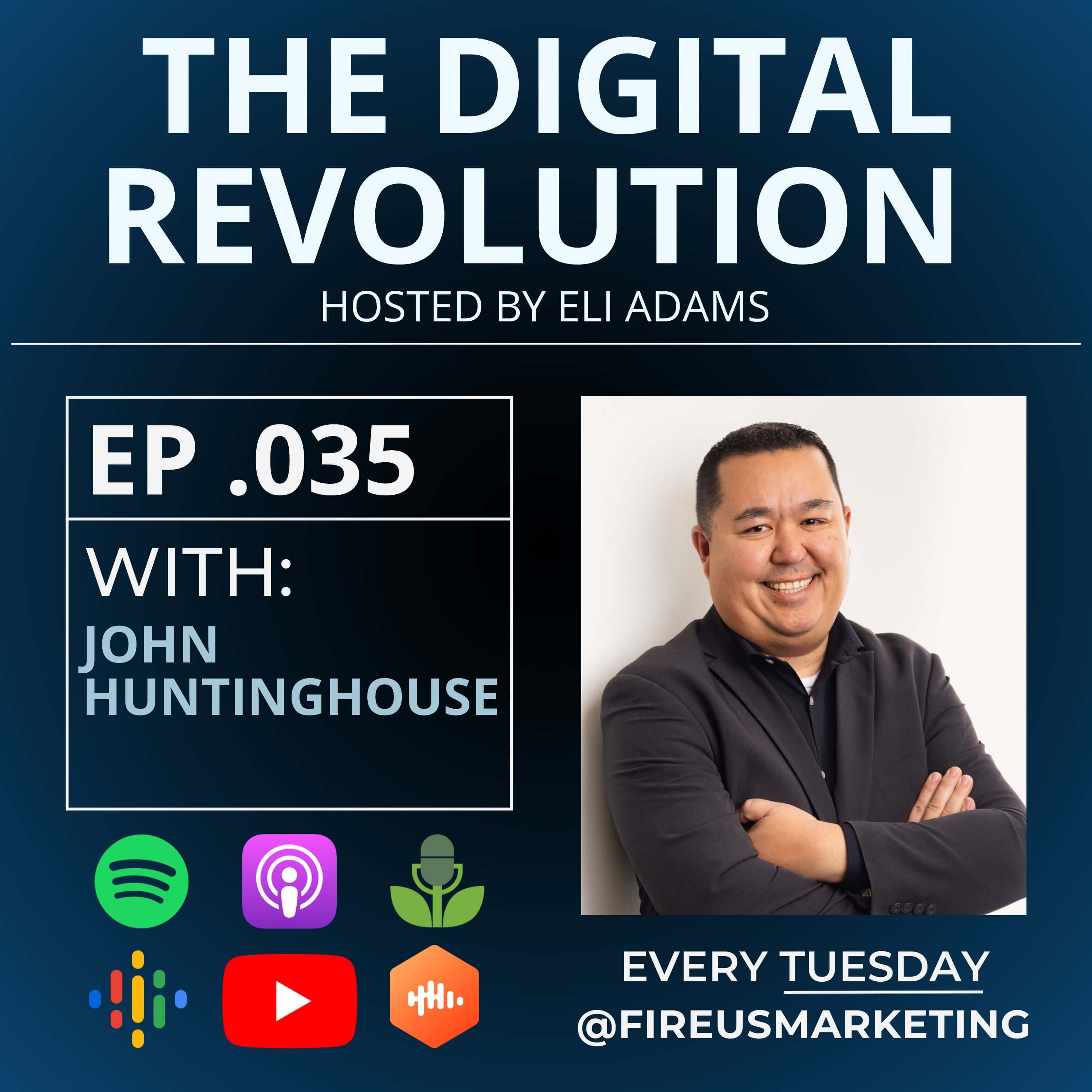
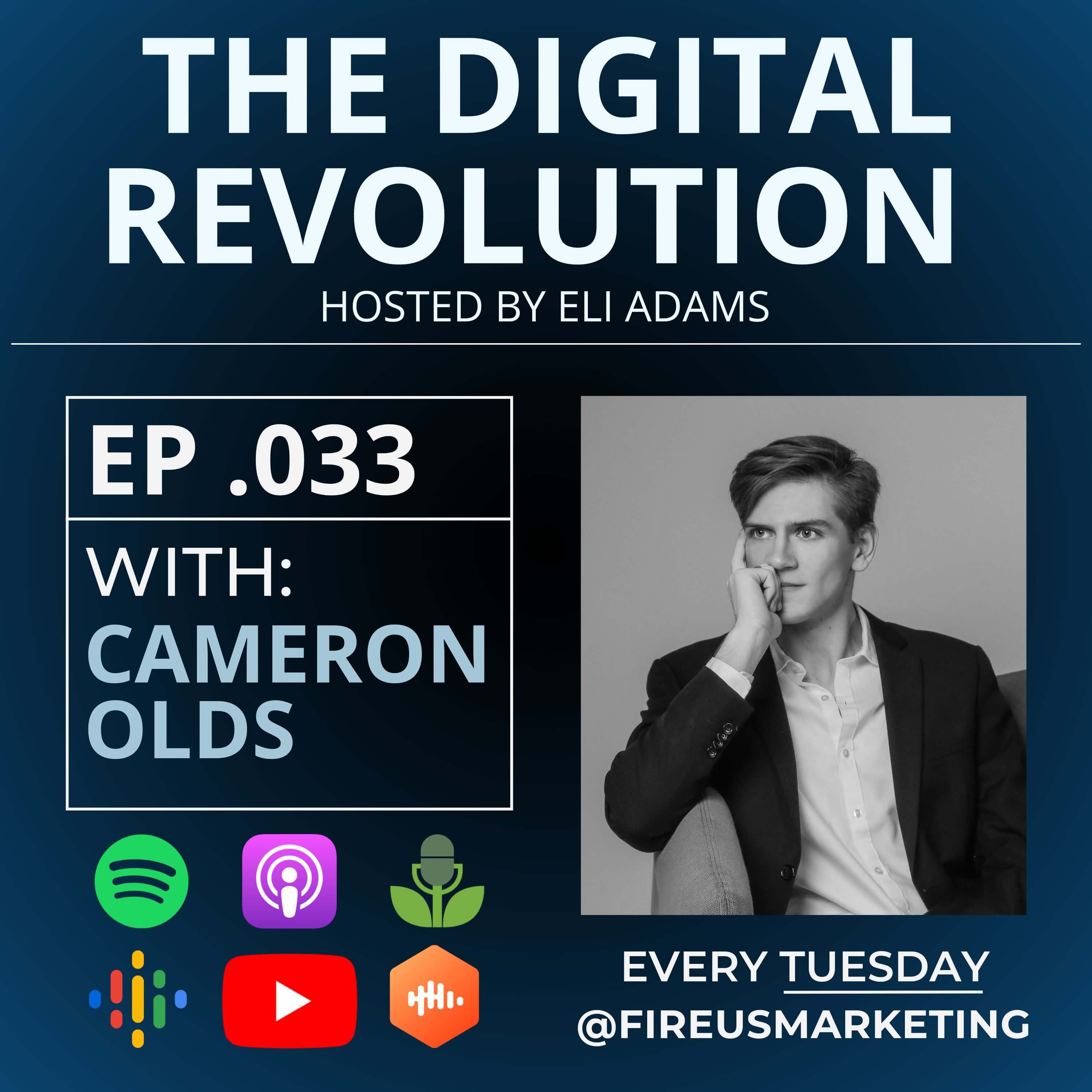
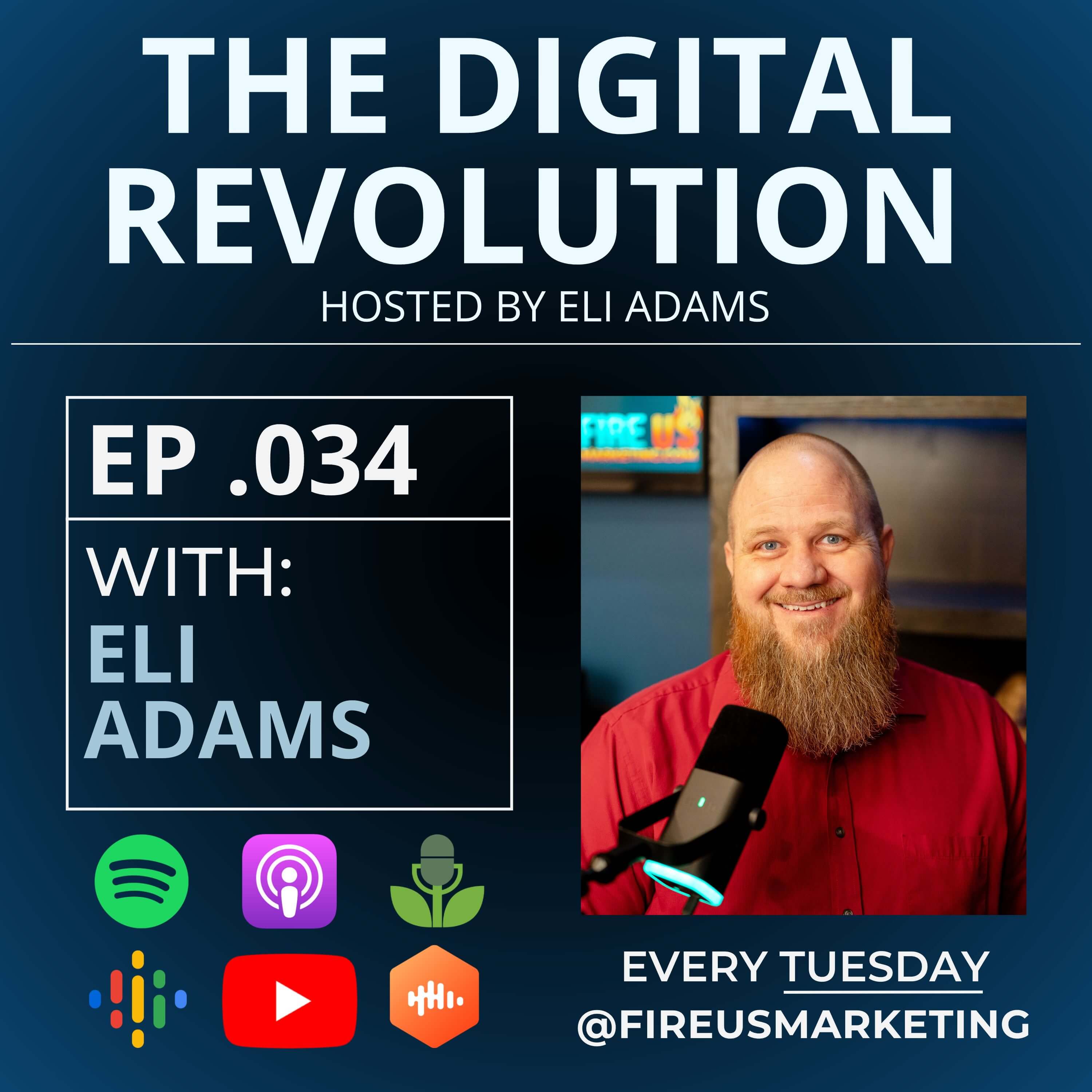
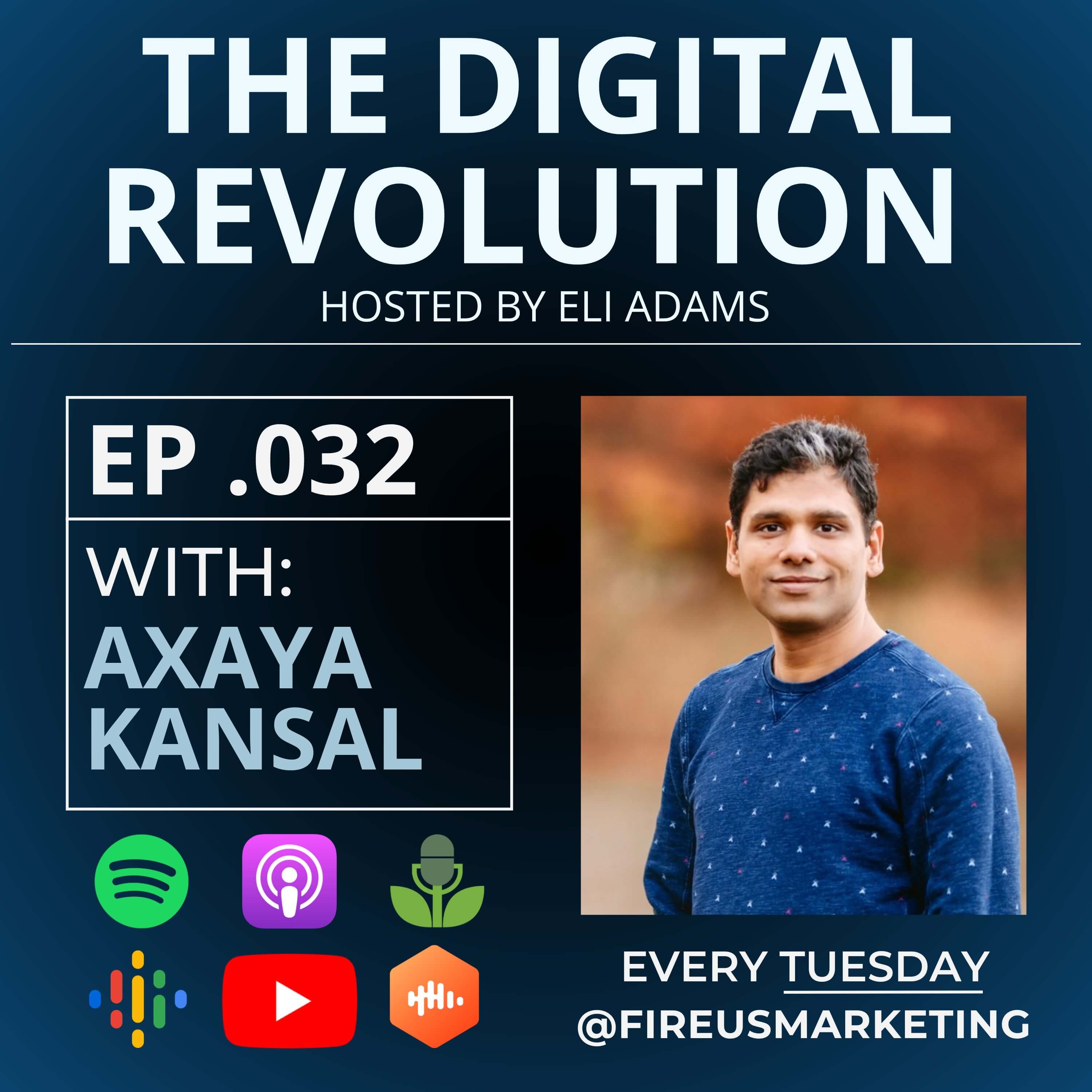
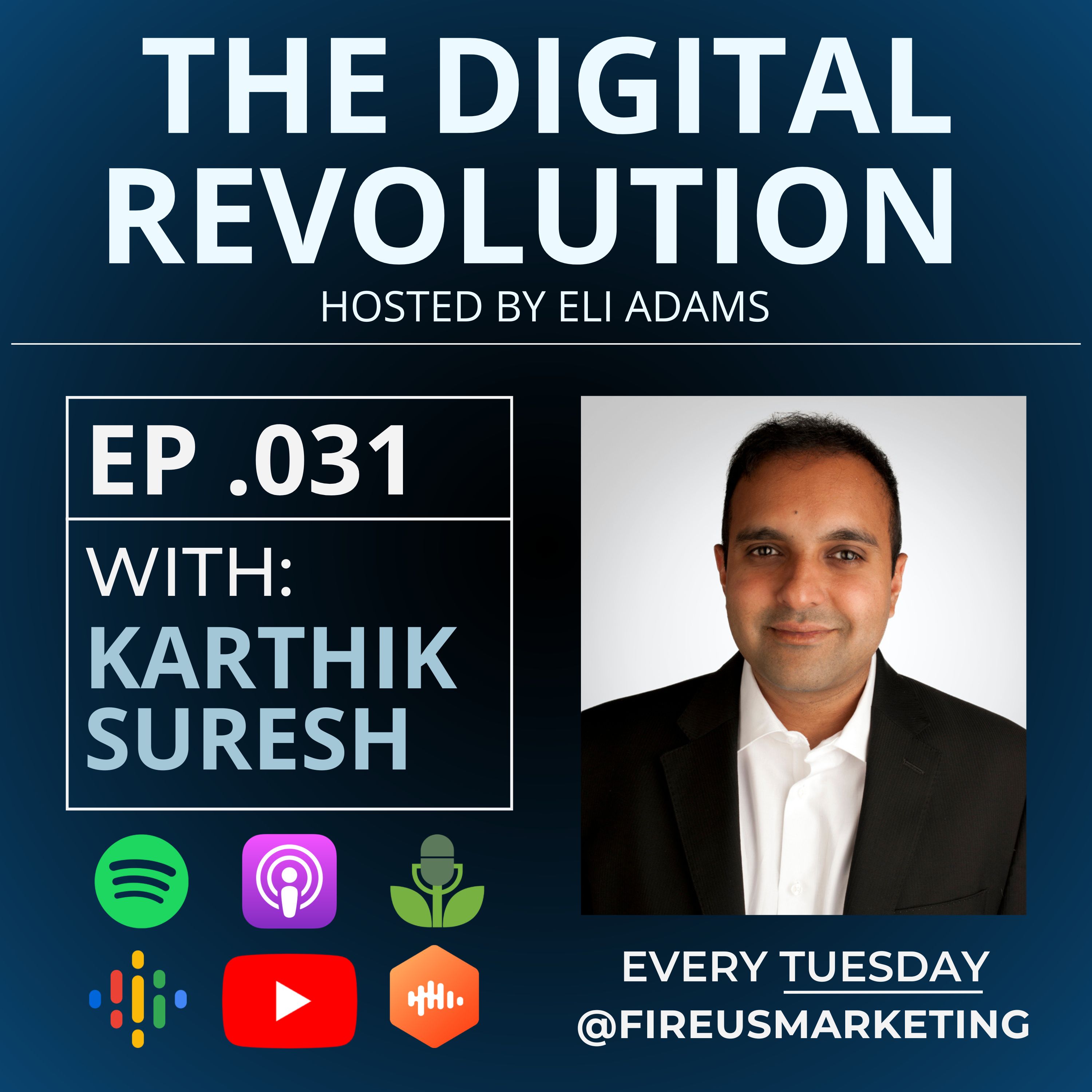

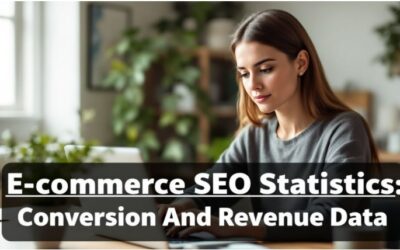
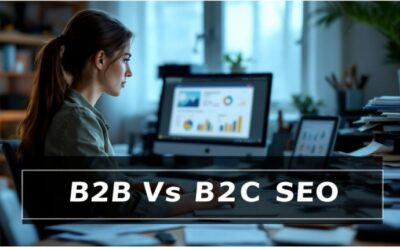
0 Comments